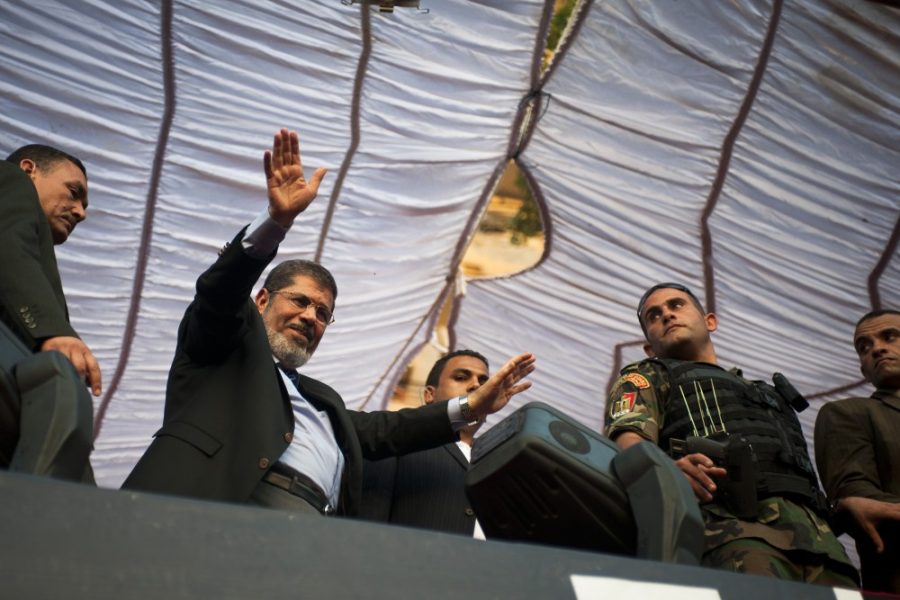CAIRO — Police brutality is as common under newly elected President Mohammed Morsi as it was under the regime of Hosni Mubarak, a new study of incidents has found, raising questions about whether the uprising that toppled Mubarak and gave rise to the first democratic elections in Egypt’s history has had any impact on the issue that triggered the anti-Mubarak revolt.
The Nadim Center for the Rehabilitation of Victims of Violence, a nearly 20-year-old Egyptian organization that studies victim’s issues, found more than 200 cases of police brutality during the first 100 days of Morsi’s presidency, according to the report, which was released earlier this month.
Police killed 34 people in police stations, public places or prisons since Morsi became president June 30, an independent newspaper tabulated, based on the Nadim Center’s detailed report. There were another 88 cases of torture and seven cases of sexual assault.
The numbers are similar to those under Mubarak because officials in the new government so far have made no effort to reform police institutions, according to the center.
“It’s the same system because there is no political will to change” police practices, Magda Adly, the center’s director, told McClatchy Newspapers on Monday. “It’s not enough to change the heads of institutions because they were trained in a school that does not respect humanity. … Those practices will continue.”
The 52-page Nadim Center report lists in graphic detail the incidents, breaking them down day by day of Morsi’s tenure. There are stories of kidnappings, police running over women and photos of men showing the scars of alleged police beatings. But there is no count. Rather it is a synopsis of brutality reports from around the country.
Adly said the details came from published accounts, legal proceedings or testimony. She said she doubted it was comprehensive.
“The actual number of cases only God knows,” Adly said.
Last year’s uprising to oust Mubarak began as a protest against police brutality. Among the most famous cases was the death of Khaild Said, a 28-year-old Egyptian, whose fatal 2010 beating by police, captured in a photo of his disfigured face spread across the nation, emboldened a national movement against police brutality.









